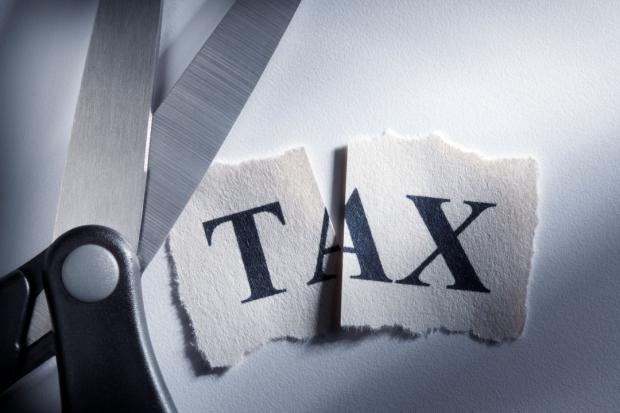
Breaking News
6.5x55 Swedish vs. 6.5 Creedmoor: The New 6.5mm Hotness
Best 7mm PRC Ammo: Hunting and Long-Distance Target Shooting
 Christmas Truce of 1914, World War I - For Sharing, For Peace
Christmas Truce of 1914, World War I - For Sharing, For Peace
Top Tech News
 EngineAI T800: Born to Disrupt! #EngineAI #robotics #newtechnology #newproduct
EngineAI T800: Born to Disrupt! #EngineAI #robotics #newtechnology #newproduct
 This Silicon Anode Breakthrough Could Mark A Turning Point For EV Batteries [Update]
This Silicon Anode Breakthrough Could Mark A Turning Point For EV Batteries [Update]
 Travel gadget promises to dry and iron your clothes – totally hands-free
Travel gadget promises to dry and iron your clothes – totally hands-free
 Perfect Aircrete, Kitchen Ingredients.
Perfect Aircrete, Kitchen Ingredients.
 Futuristic pixel-raising display lets you feel what's onscreen
Futuristic pixel-raising display lets you feel what's onscreen
 Cutting-Edge Facility Generates Pure Water and Hydrogen Fuel from Seawater for Mere Pennies
Cutting-Edge Facility Generates Pure Water and Hydrogen Fuel from Seawater for Mere Pennies
 This tiny dev board is packed with features for ambitious makers
This tiny dev board is packed with features for ambitious makers
 Scientists Discover Gel to Regrow Tooth Enamel
Scientists Discover Gel to Regrow Tooth Enamel
 Vitamin C and Dandelion Root Killing Cancer Cells -- as Former CDC Director Calls for COVID-19...
Vitamin C and Dandelion Root Killing Cancer Cells -- as Former CDC Director Calls for COVID-19...
 Galactic Brain: US firm plans space-based data centers, power grid to challenge China
Galactic Brain: US firm plans space-based data centers, power grid to challenge China
Tax Cuts without Spending Cuts Won't Reduce the Taxpayers' Burden

Donald Trump, meanwhile, has pledged to cut some taxes. I say "some" because Trump has also pledged to raise taxes on imports.
Nonetheless, Trump ran on the idea that he would reduce the tax burden on Americans if elected.
Unfortunately, Trump has no plans to cut government spending, and this means there is little chance that ordinary taxpayers are going to experience any real tax relief.
This is because tax cuts without spending cuts don't actually lessen the cost of government. A tax cut without a spending cut simply moves around the tax burden, and often replaces explicit taxation with the stealth tax of price inflation.
Unless accompanied by spending cuts, a tax cut simply increases deficit spending, and taxpayers will pay for deficits one way or another. Typically deficits are paid for using one or more of the following: future taxes, present interest payments, and monetary inflation. Unfortunately for the taxpayers, when it comes to paying off deficit spending, "the future" is already here. In the 2024 fiscal year, the taxpayers had to pay nearly $900 billion in interest on the debt. That huge tax bill exists because federal politicians in the past spent more than they had in revenues.
Forcing the taxpayers to pay off old debts isn't exactly popular, however. So, federal technocrats have found a way to push down interest rates on government debt. This reduces the amount of interest owed and nominally reduces the cost of government debt.
But this also ends up costing the taxpayers bigtime because the way that technocrats suppress the cost of interest is by having the central bank buy up more federal debt. (By buying government debt, the central bank artificially drives up demand, so the Treasury doesn't have to pay as much in interest to attract buyers.) And where does the central bank get the money to buy up government debt? It prints the money. That then leads to both monetary inflation and (eventually) price inflation.

 The State's Last Stand
The State's Last Stand


